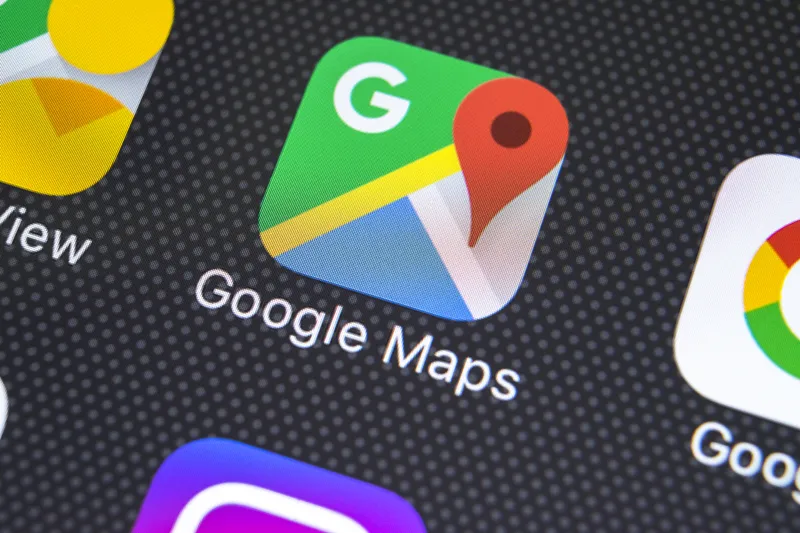
Google has disabled its live traffic reports on Google Maps in Israel and Gaza.
“As we have done previously in conflict situations and in response to the evolving situation in the region, we have temporarily disabled the ability to see live traffic conditions and busyness information in Israel and Gaza out of consideration for the safety of local communities," says a Google spokesperson.
"Anyone navigating to a specific place will still get routes and ETAs that take current traffic conditions into account.”
Israel has been expected to launch a ground invasion of the Gaza Strip following the attacks on Israeli civilians by Hamas on 7 October.
Live traffic updates can reveal large concentrations of people and troop movements: mapping companies including TomTom made a similar decision to suspend services after Russia's invasion of Ukraine in February 2022.









